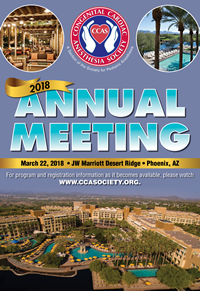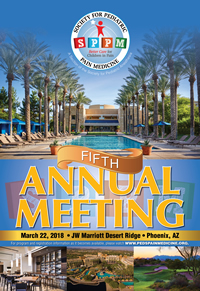CR3-191
Validating bedside ultrasound assessment of gastric content in children non-compliant with preoperative fasting guidelines presenting for ambulatory surgery: a case series
1Parekh U, 2Rajan N, 2Iglehart R, 2McQuillan P
1Penn State Milton S Hershey Medical Center; Penn State Hershey Children's Hospital, Hershey, PA, United states; 2Penn State Milton S Hershey Medical Center, Hershey, PA, United states
Introduction
Compliance with preoperative fasting guidelines is a prerequisite for elective surgical procedures to decrease the incidence of pulmonary aspiration. It has been reported that 7% of children presenting for ambulatory surgery were inadequately fasted preoperatively [1]. This leads to either delays or cancellations of elective surgeries causing parental dissatisfaction and the inefficient use of health resources. There has been increasing interest in the use of ultrasound in various clinical scenarios including the qualitative and quantitative assessment of gastric contents in patients of all ages. We present a case series to demonstrate the use of ultrasound assessment of stomach contents in infants and children, non-compliant with preoperative fasting guidelines, to individualize their anesthetic management. We present a case series to validate the use of ultrasound in the assessment of stomach contents in infants and children, non-compliant with preoperative fasting guidelines, to individualize their anesthetic management
Case Series
#1: A 2-year old scheduled for umbilical hernia had apple juice 1 hour before surgery. Ultrasound assessment of gastric contents revealed an empty stomach. Surgery proceeded as scheduled. Airway was secured with an LMA #2. There were no perioperative adverse events.
#2: 3-year-old, boy scheduled for repair of a right inguinal hernia had eaten a potato chip approximately 6 hours before the surgical time. Gastric antrum was scanned revealed an antrum filled with solid contents. Surgery was rescheduled for another day.
#3: A 3-year old, girl scheduled for repair of umbilical and epigastric hernias was given clear fruit punch about 90 minutes before the surgical time. Bedside ultrasound of the gastric antrum revealed an empty antrum. Surgery was not delayed, airway secured with size 2 LMA. Intraoperative and postoperative course were uneventful.
#4: A 5-rear-old boy, scheduled for orchiopexy was given plain jello 4 hours before surgical time. As jello is considered solid at our institution, an ultrasound assessment of gastric contents was performed which revealed an empty stomach. Surgery was not delayed. Perioperative course was uneventful
#5: A 6 month-old male child scheduled for circumcision was fed breast milk 2.5 hours before surgical time. Ultrasound assessment after 4 hours of fasting revealed an antrum filled with solid gastric contents. The procedure was cancelled for the day.
Discussion
We demonstrate the bedside use of ultrasound to assess gastric contents in situations where duration and adequacy of preoperative fasting status were uncertain.
Top












